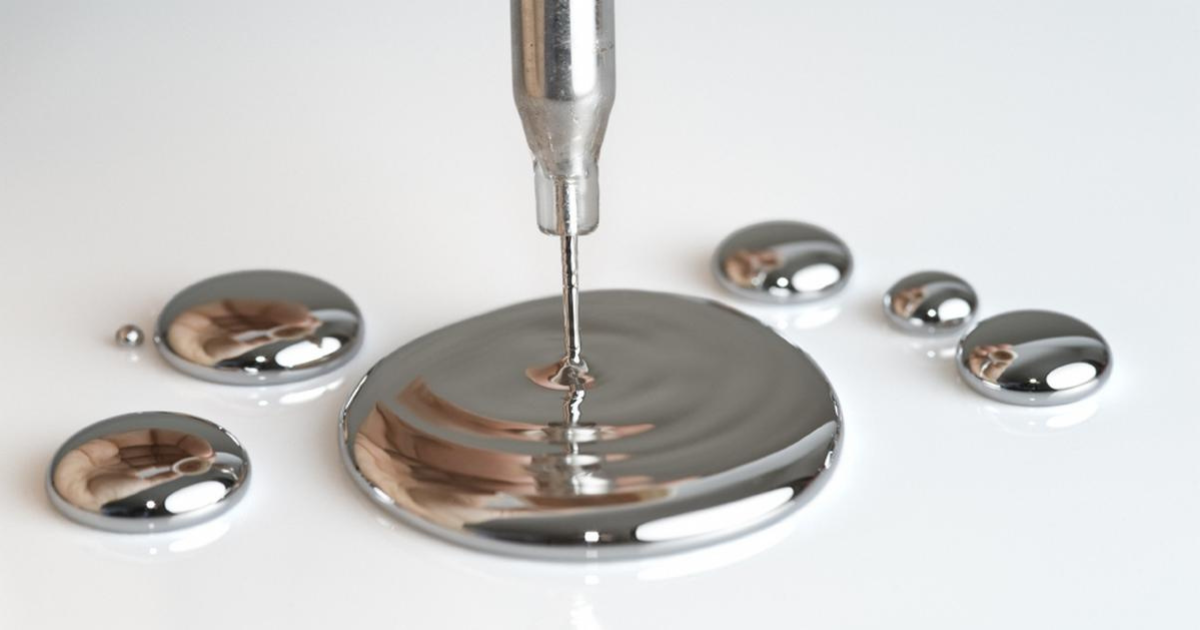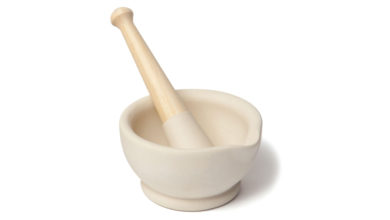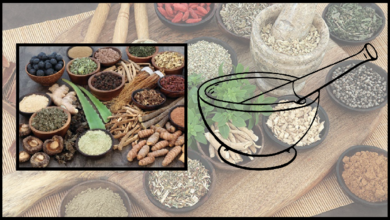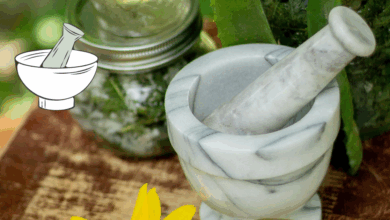BHU Professor Urges PM Modi to Allow Mercury for Ayurvedic Medicines
The preservation of Ayurveda is not just about the past—it is also about future healthcare

In a passionate appeal to preserve India’s ancient medicinal traditions, Professor Anand K. Chaudhary from Banaras Hindu University (BHU) has written to Prime Minister Narendra Modi, urging the government to facilitate the availability of mercury for Ayurvedic medicine preparation.
Professor Chaudhary, a renowned scholar in Rasa Shastra and Bhaishajya Kalpana, is also the chair of the Scientific Advisory Group on Drug Development under the Central Council for Research in Ayurvedic Sciences (CCRAS), Ministry of AYUSH. His letter comes amid ongoing restrictions tied to India’s commitments under the Minamata Convention—a global treaty aimed at curbing mercury pollution.
Mercury in Ayurveda: A Misunderstood Legacy?
According to Prof. Chaudhary, mercury (known as Parada in Ayurveda) has been a foundational ingredient in Ayurvedic therapeutics for over a thousand years. Used in combination with sulfur and processed through rigorous purification techniques (Shodhana, Maran, and Sanskaras), mercury is transformed into formulations called Rasaushadhis. These are believed to be safe, highly potent, and widely used in treating chronic and complex diseases.
“Out of the 700 tonnes of mercury used in India, only about 40 tonnes go into Ayurvedic medicines. That’s less than 6%. And yet, traditional medicine faces a blanket restriction,” Prof. Chaudhary wrote. “We are not seeking to undo environmental commitments, only to protect and continue a deeply rooted scientific tradition of our own.”
Balancing Tradition and Modern Regulation
India is a signatory to the Minamata Convention on Mercury, which seeks to reduce the global use and emission of the toxic metal. While the treaty rightly targets mercury used in industrial processes, paints, fertilizers, and cosmetics, Ayurveda practitioners argue that medicinal mercury—especially in its purified form—should be seen as an exception.
Prof. Chaudhary emphasized that Western medicine abandoned mercury because of its toxicity, but Ayurveda succeeded by perfecting its detoxification over centuries. “Not a single adverse drug reaction has been reported when properly prepared Rasaushadhis are administered,” he claimed.
A Cultural and Scientific Appeal
The professor’s letter is more than a technical request—it is a call to value India’s indigenous knowledge systems. He warned that without proactive steps, the country risks losing its medicinal sovereignty and rich pharmacological heritage.
“The preservation of Ayurveda is not just about the past—it is also about future healthcare. India can lead the world in integrative medicine, but only if we respect and retain what is authentically ours,” Prof. Chaudhary concluded.
What’s Next?
While the Prime Minister’s Office has yet to issue a formal response, the letter has sparked renewed debate within the AYUSH sector and the scientific community. Supporters see it as a necessary move to revive and safeguard Ayurvedic manufacturing, while critics caution against easing mercury regulations without robust oversight.
As India continues to stride towards global leadership in traditional medicine, the question remains: Can the ancient science of Ayurveda and modern environmental responsibilities coexist?


